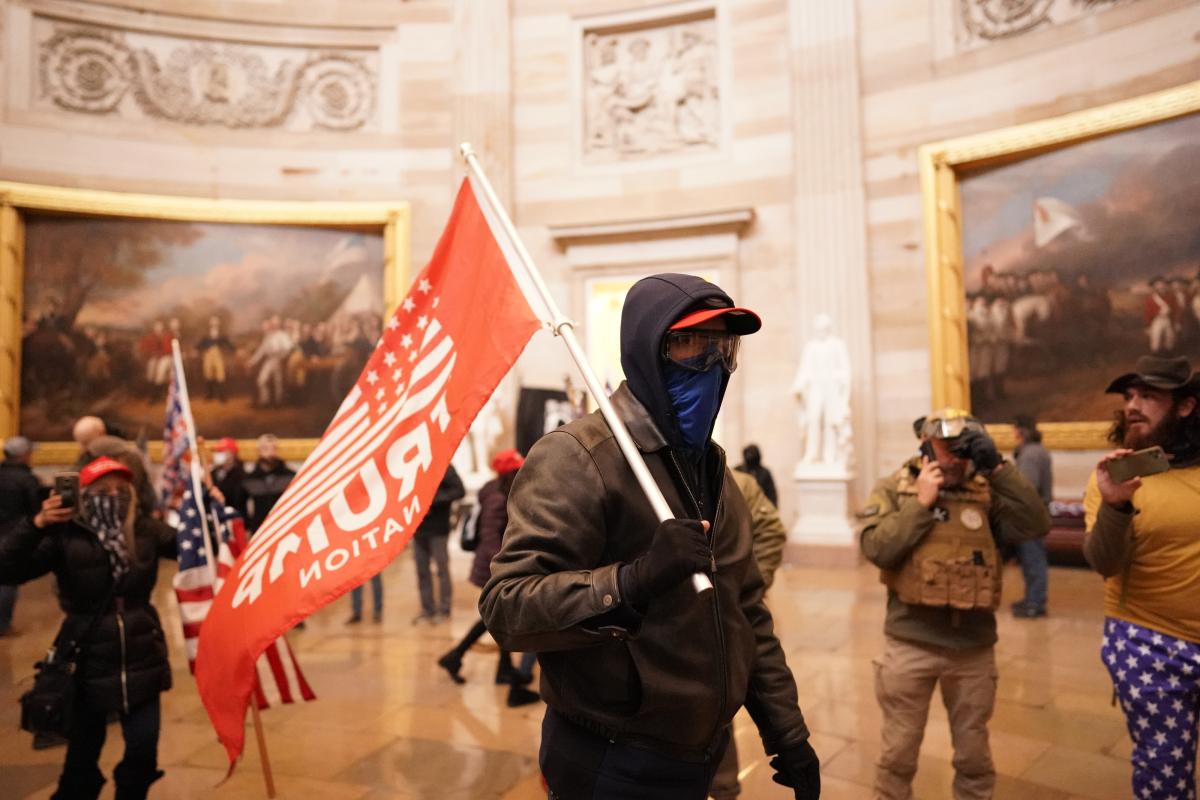By MARK SHERMAN
WASHINGTON (AP) — The Supreme Courtroom appeared likely Wednesday to go away in place most of a federal law that provides preference to Indigenous American households in foster care and adoption proceedings of Indigenous young children.
The justices read far more than a few several hours of arguments in a wide challenge to the Indian Boy or girl Welfare Act, enacted in 1978 to address considerations that Indigenous small children were becoming separated from their households and, too often, put in non-Native Residences.
It has long been championed by tribal leaders as a means of preserving their households, traditions and cultures. But white family members trying to find to undertake Native children are between the challengers who say the regulation is impermissibly based on race, and also prevents states from thinking of people children’s ideal pursuits.
Justice Brett Kavanaugh termed the scenario hard for the reason that the court is remaining named on to attract a line amongst tribal sovereignty and “the essential principle that we really do not treat men and women in a different way simply because of race, ethnicity or ancestry.”
He was amid conservative justices who expressed worry about at the very least 1 facet of the law that presents desire to Indigenous mothers and fathers, even if they are of a unique tribe than the kid they are in search of to undertake or foster. Main Justice John Roberts, Justice Samuel Alito and Justice Amy Coney Barrett also elevated questions about whether or not that provision looked much more like a racial classification that the court could possibly frown on.
“To get to the heart of my issue about this, Congress could not give a choice for white families to undertake white youngsters, Black households to undertake Black small children, Latino family members to undertake Latino small children, Asian people to adopt Asian young children,” Kavanaugh explained.
But none of the non-Native families involved in the circumstance has been influenced by the choice the conservative justices objected to, Justice Division law firm Edwin Kneedler instructed the court docket.
Even if there is a court docket greater part to strike down that provision, the rest of the legislation could be kept in place, Ian Gershengorn, a law firm for the Cherokee Country, the Navajo Country and other tribes explained.
He urged the court docket to uphold the law “that has manufactured these kinds of a meaningful variance to so quite a few young children.”
Representing the non-Indigenous family members, attorney Matthew McGill referred to as on the court docket to strike down the law due to the fact it “flouts the assure of equal justice underneath legislation.”
Justice Neil Gorsuch, a conservative who is a sturdy supporter of Indigenous Americans’ rights, and the court’s a few liberal justices appeared strongly inclined to uphold the legislation in its entirety.
“Congress understood these children’s placement selections as integral to the ongoing flourishing of Indian communities,” said liberal Justice Elena Kagan.
Gorsuch explained a broad ruling in favor of the challengers also would take “a massive chunk out of” other federal courses that profit Native Americans, like health care.
The law’s fate is in the arms of a courtroom that has produced race a target of its latest expression, in scenarios involving the redrawing of congressional districts and affirmative motion in faculty admissions. Two users of the courtroom, Roberts and Barrett, also are the mom and dad of adopted kids.
The complete 5th U.S. Circuit Court of Appeals struck down components of the law past calendar year, which includes choices for inserting Native young children with Native adoptive families and in Indigenous foster households. It also explained Congress overstepped its authority by imposing its will on state officials in adoption matters.
But the 5th Circuit also dominated that the legislation generally is primarily based on the political romantic relationship between the tribes and the U.S. federal government, not race.
The tribes and the Biden administration appealed some parts of the decreased court ruling, even though the white people and Texas, allied with those households, appealed some others.
Additional than 3-quarters of the 574 federally acknowledged tribes in the region have questioned the substantial court to uphold the law in whole, along with tribal companies. They panic widespread impacts if the court attempts to dismantle the tribes’ status as political sovereigns.
Just about two dozen condition lawyers general throughout the political spectrum submitted a temporary in assist of the law. Some of people states have codified the federal law into their possess condition guidelines.
A ruling in favor of the households and Texas could undercut the 1978 law and, the tribes concern, have broader effects on their capability to govern on their own.
When kid defense authorities remove Indigenous young children from their residences, the regulation demands states to notify tribes and look for placement with the child’s extended relatives, users of the child’s tribe or other Native American family members.
All of the children who have been concerned in the present circumstance at a person position are enrolled or could be enrolled as Navajo, Cherokee, White Earth Band of Ojibwe and Ysleta del Sur Pueblo. Some of the adoptions have been finalized while some are nevertheless currently being challenged.
Before the Indian Baby Welfare Act was enacted, involving 25% and 35% of Native American young children had been becoming taken from their households and placed with adoptive households, in foster treatment or in establishments. Most have been placed with white families or in boarding colleges in attempts to assimilate them.
___
Affiliated Press author Felicia Fonseca in Flagstaff, Arizona, contributed to this report.
